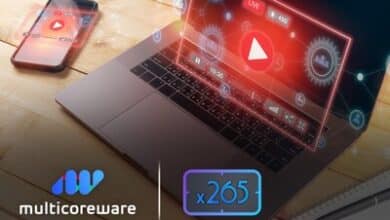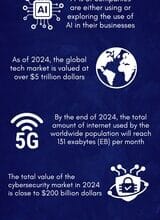In the world of financial transactions, the check has experienced substantial transformations. The traditional physical check is slowly being replaced by modern digital transactions. Direct deposits took center stage for a while, but now there’s a new player – digital checks. This article will delve into the past, present, and future of these transaction methods, analyzing direct deposits and digital checks to predict the future of financial transactions.
Understanding Traditional Check Payments
Traditional check payments have been the cornerstone of financial transactions for centuries. Businesses and individuals have relied on this method for paying bills, employees, and vendors due to its reliability and trackability. However, the process is time-consuming, requires manual handling, and poses the risk of loss or theft.
Furthermore, the environmental impact of paper checks is significant, adding to global deforestation. As the world continues to shift towards digital solutions, these drawbacks have led to the advent of electronic payments, easing the transaction process.
Rise of Direct Deposits: A Technological Leap
As technology evolved, direct deposits emerged, automating salary payments and bill settlements. They allowed funds to be transferred directly into the recipient’s bank account, eliminating the need for physical checks. This shift has reduced the time, effort, and risk involved in processing payments.
However, it is critical to note the drawbacks of direct deposit. It often requires a lengthy setup process and may incur fees from the bank. Additionally, navigating the bank systems can be complex and intimidating for some people, making it less accessible to a segment of the population.
Introducing Digital Checks: The New Normal
Recognizing the limitations of traditional checks and direct deposits, financial technology has brought forth digital checks. A digital check works like a traditional check but operates entirely online. It is an image of a check that one can email or text, making transactions quicker and more convenient.
Moreover, digital checks maintain the ease and familiarity of paper checks without their drawbacks. Digital checks offer the potential for greater security, with encryption and other cybersecurity measures. Furthermore, digital checks can be created, sent, and tracked from anywhere at any time, providing unparalleled convenience.
Comparing Direct Deposits and Digital Checks: Pros and Cons
When it comes to comparing direct deposits and digital checks, a few differences become clear. Below is a quick comparison:
- Setup and Transaction Time: Digital checks typically require less setup time than direct deposits and process transactions quicker.
- Fees: While direct deposit often incurs fees, digital checks are generally free to send and deposit, depending on the service used.
- Accessibility: Digital checks are often more user-friendly and accessible to a broad audience compared to direct deposits.
However, both methods have their place and may be preferred based on the specific needs of the user. The key is flexibility and understanding the strengths and weaknesses of each method.
Forecasting the Future of Financial Transactions
The future of financial transactions is dynamic and evolving. As technologies advance, transaction methods are shifting towards more efficient and user-friendly formats. Despite direct deposits making a significant mark on electronic payments, digital checks are emerging as a potent contender, combing the best assets of traditional checks and electronic payments.
In this era of digitalization, financial solutions that offer convenience, speed, security, and low cost will shape the future. Among these, digital checks stand out for their simplicity and accessibility, marking a potential step in the evolution of check payments.
Concluding Thought
In conclusion, as we look at the evolution from traditional checks, through direct deposits to digital checks, it’s clear that efficiency, speed, and user-friendliness are shaping the new normal in financial transactions. Digital checks stand out for their simplicity and accessibility, providing a robust, secure, and seamless method for transactions. If you’re looking to make your business payments more efficient, consider Online Check Writer, a comprehensive software solution that lets you manage all your transactions in one place.
Trusted by over 1 million users who shared their positive experience, this software is integrated with 22,000 plus banks and major accounting and payroll systems without charging transaction fees. It offers multiple banks and accounts for convenience and is designed to help you save time and resources, letting you focus more on your business.
With Online Check Writer, you can make payments via checks, digital checks, ACH, and Direct Deposit and transfer with ease. Plus, you can connect with multiple banks and manage all in one space. What’s more, it’s trusted and rated as the #1 check printing software in the QuickBooks app store. Take the leap into the future of financial transactions today with Online Check Writer! Learn more here.
Don’t miss our latest Startup guide: Why Businesses are Switching to Digital Checks: A Cost-Effectiveness Study



